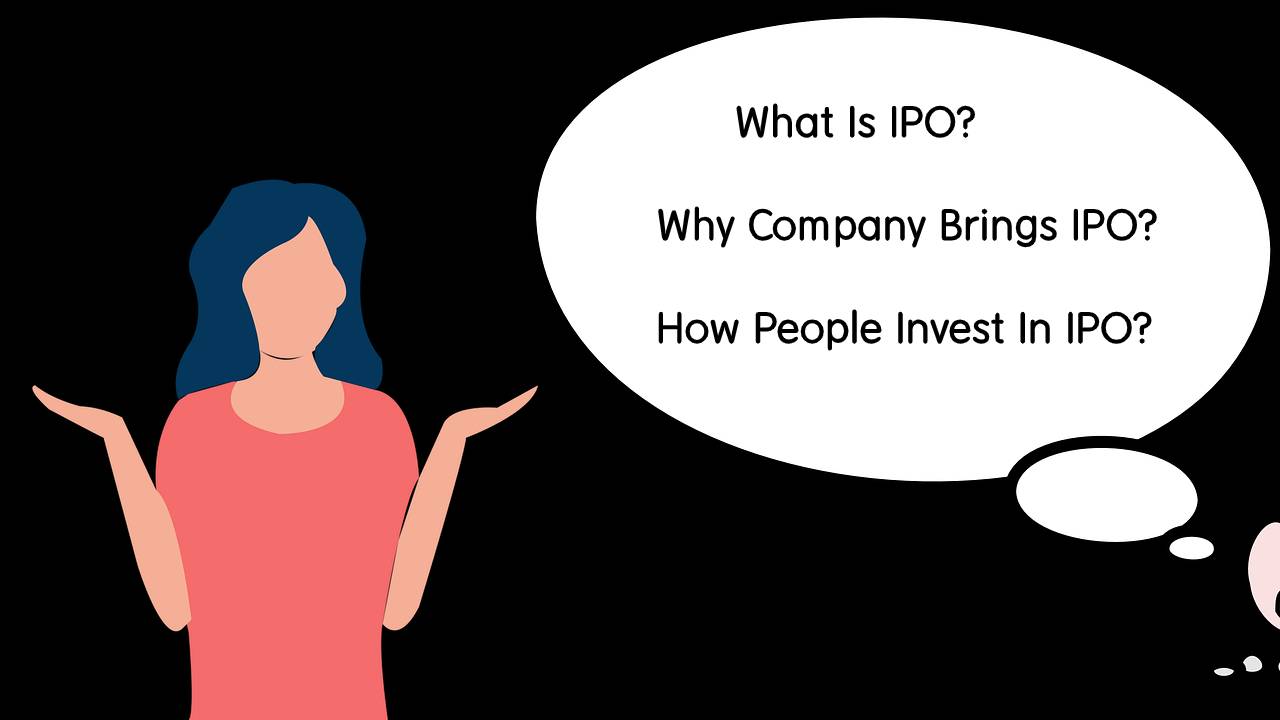|
|
There is a new trend that is catching every start-up business entrepreneurs with surprise. This is regarding the funds required at the time of pre-Initial Public Offering or IPO.
It has been found that big corporations are buying other small companies through a different strategy. The strategy is to first reduce the outstanding financial obligations of these small companies before acquiring them.
According to the financial analysts, most of the private equity portfolios have been kept so, after they were purchased by the bigger corporations in between 2005-2008.
However, as per the traditional norms, start-ups seeking to fund their first IPO have to go through a lot of hardships in order to get that. Hence, even today many start-ups who want to go public due next year are entangled in a series of obligations and hindrances.
The most glaring amongst all such hardships are the repayment of business loans, or rather debt.
How to reduce small business debt
In the opinion of a renowned financial expert, a company which has around $5 billion as long-term debt may apply for about $2 billion as its IPO.
Therefore, the revenue generated from the market can be used so as to meet the obligations of the creditors. Moreover, in the second IPO, if the same company generates more or less $2 billion, then it will be seen as a good performance.
However, in case the company raises just $1.5 billion, then in such a situation future buyers will have to repay the deficient outstanding balance of $0.5 billion out of their own company’s financial resources.
This will increase the indebtedness of the purchaser which may risk the organization’s stability and so, they might have to call for cost reduction measures. Hence, with so much risks involved the buyer will definitely ask for better and affordable price per share.
As a result, it will minimize the options at hand for the IPO issuer. That means it will reduce their chances of bargain by several notches.
There is another way through which small companies can reduce the financial burden on their company. They can do so by approaching the public equity investors who trade on a long-term basis.
Financiers of this stature will be able to resolve the debt problems plaguing the debt-ridden companies who are willing to float an IPO.
Therefore, they are can infuse a cash-strapped company with huge amount of capital in order to make them capable of making the loan repayments. This sort of investors is usually found during the time of IPO.
However, now they are available before that. One of the biggest advantages to get them on board is that they come at 10-20% cheaper rate. This helps the company to bargain for better rate at the IPO.
